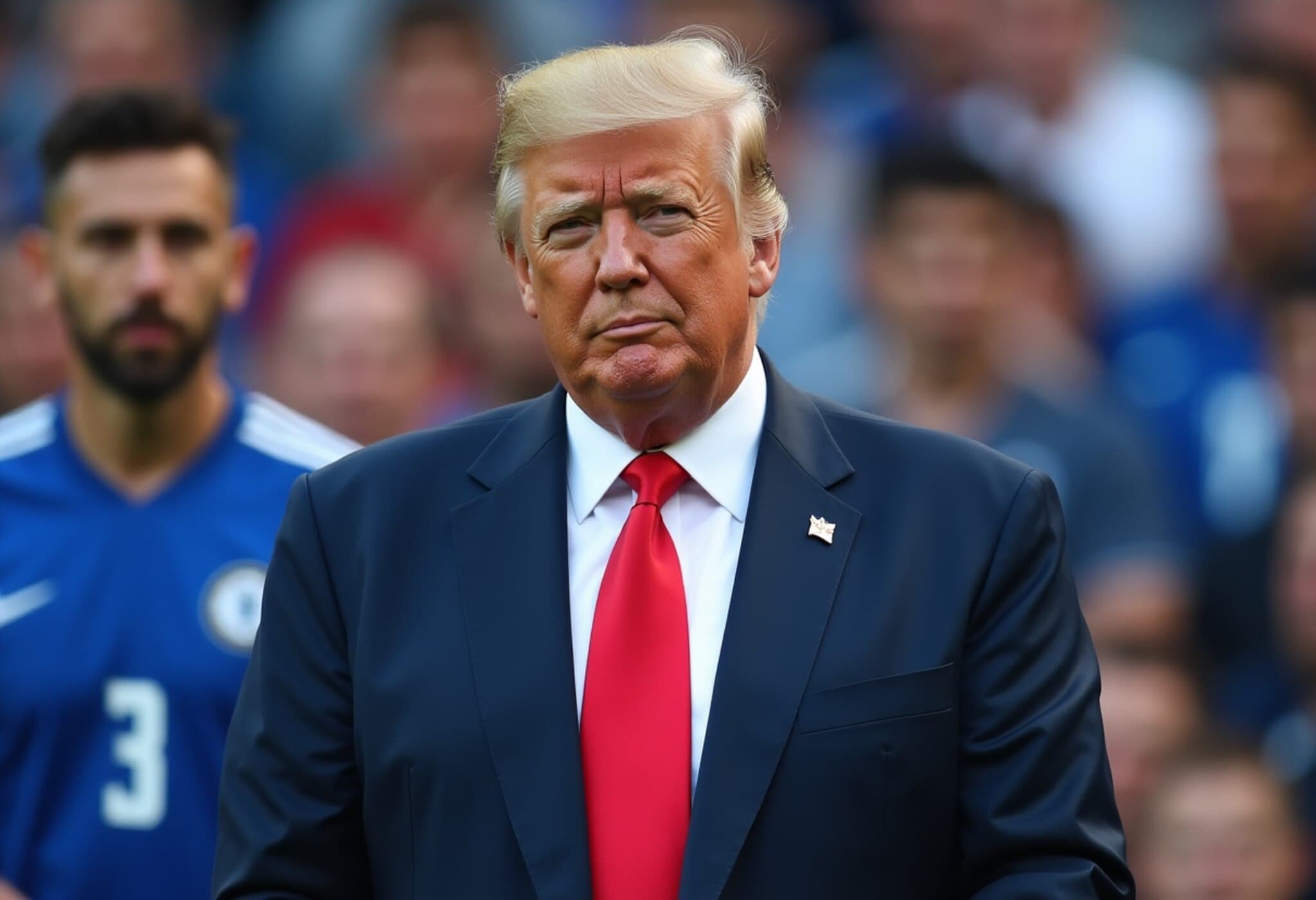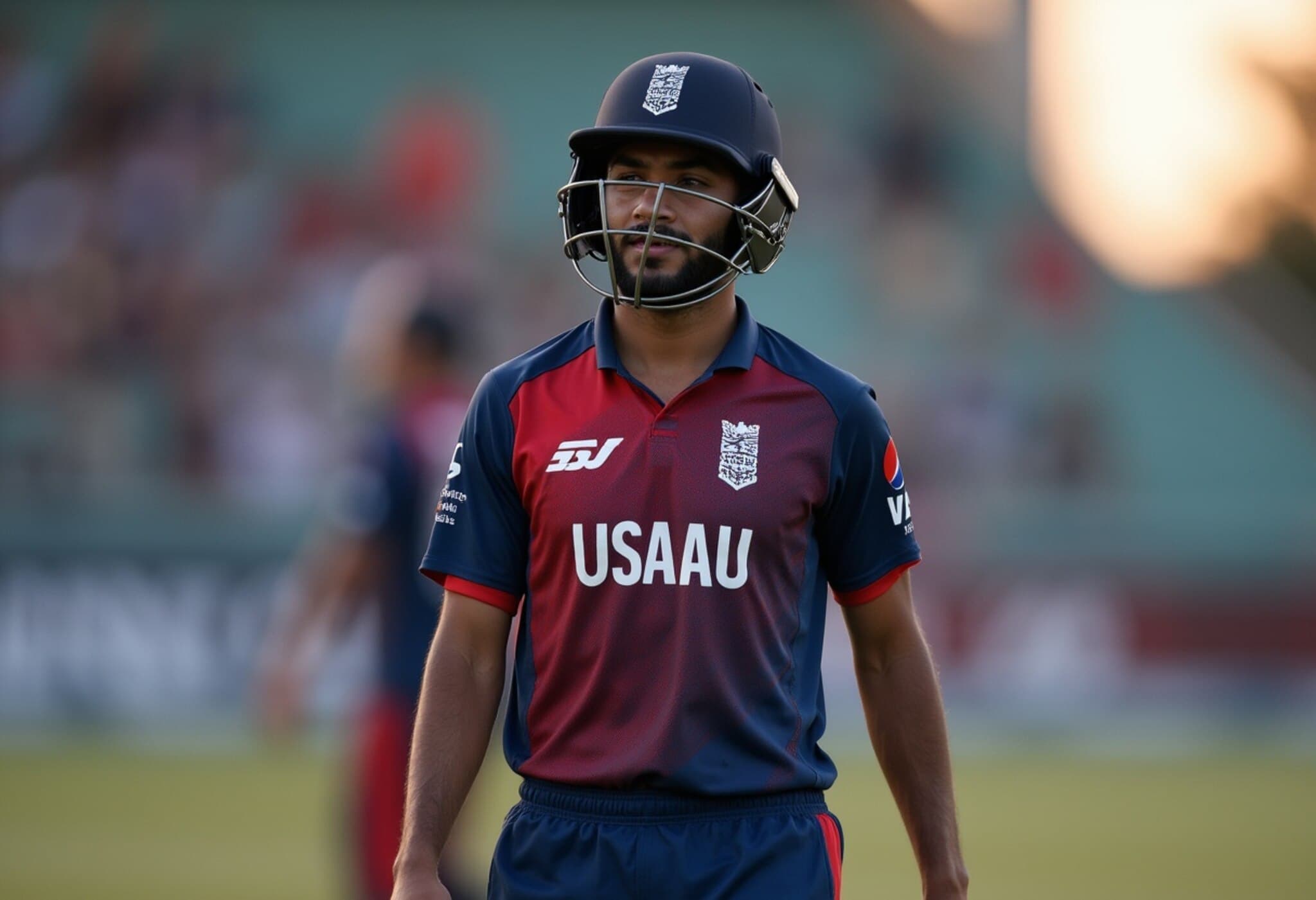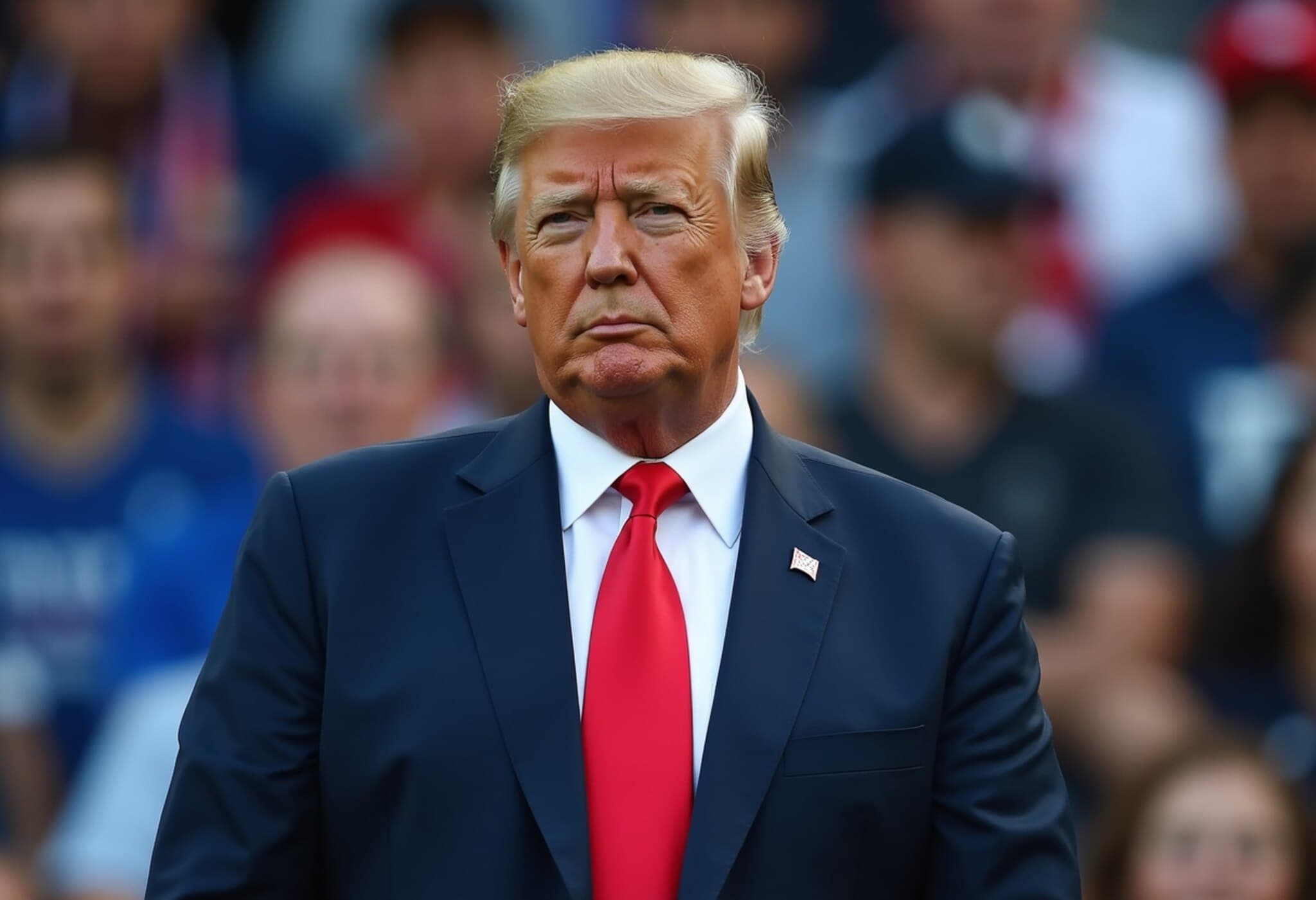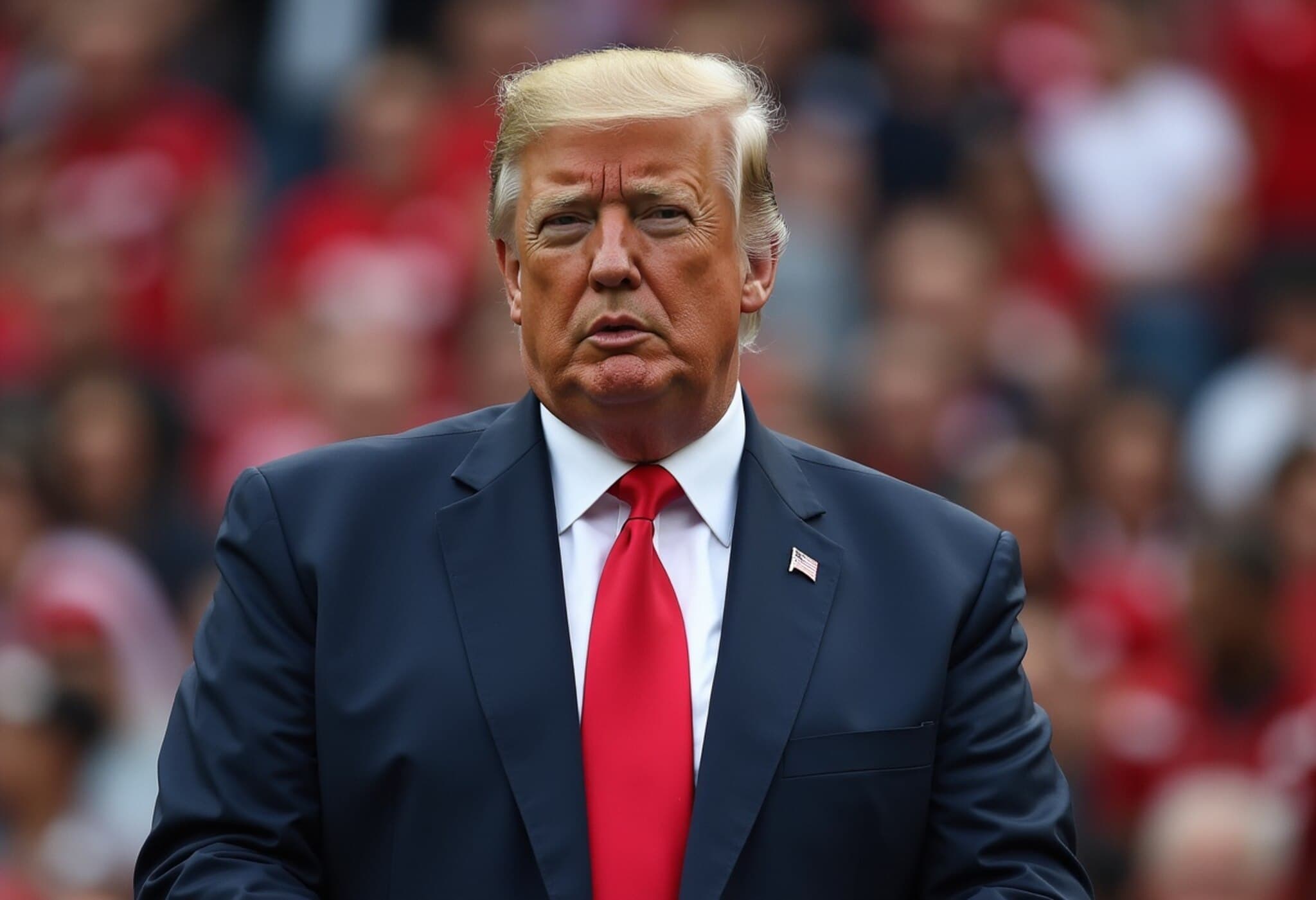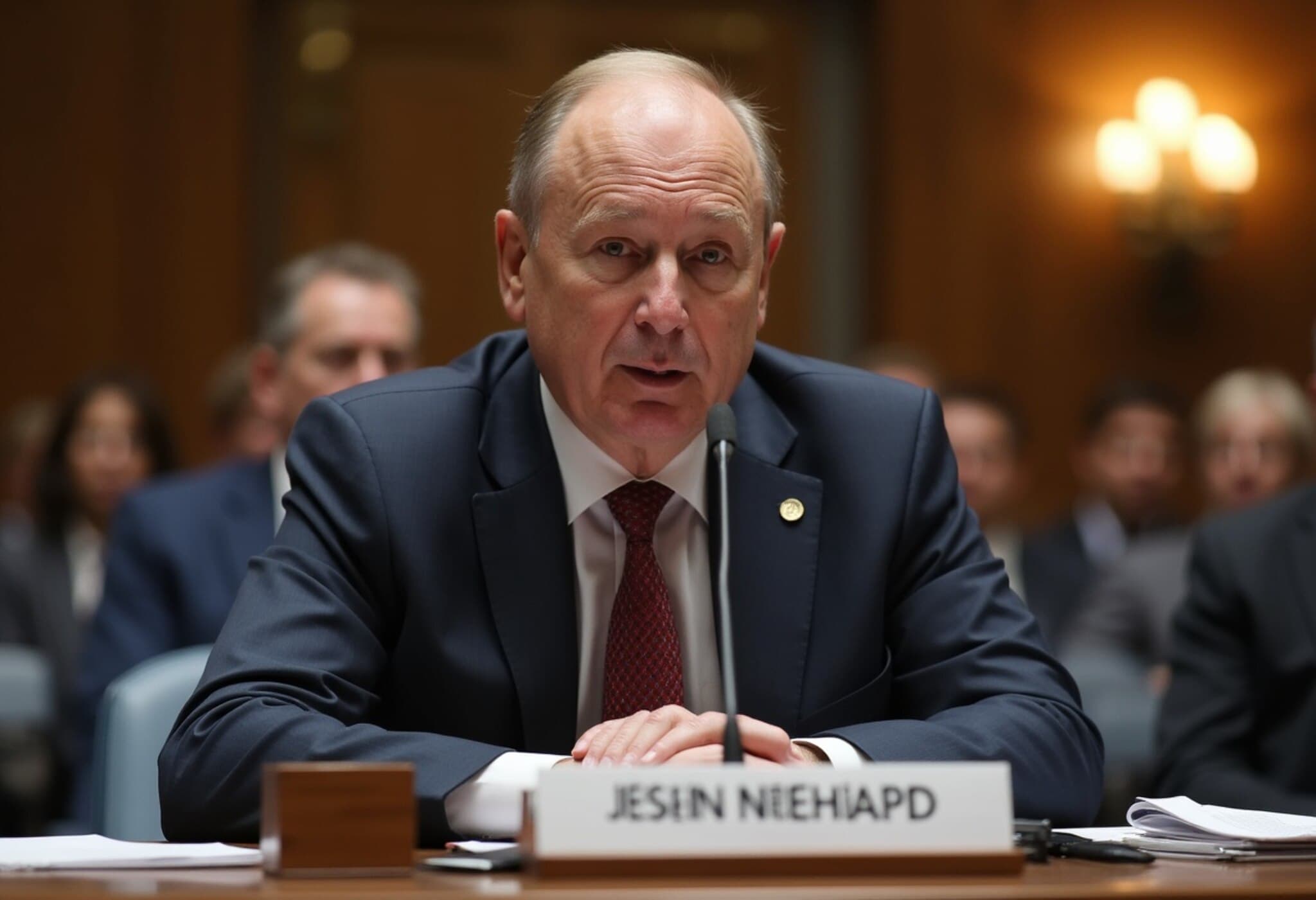Trump Hints at Renaming Soccer to Football in the United States
In a surprising twist during the 2025 FIFA Club World Cup final, held at New Jersey's MetLife Stadium, former President Donald Trump hinted at a move that could shake up the American sports landscape. Trump suggested he might sign an executive order to officially rename “soccer” as “football” in the United States, aligning with the global terminology predominantly used across Europe and much of the world.
An Unexpected Appearance at the FIFA Club World Cup
Bridging Cultural Divides Through Sports Terminology
When speaking with the global sports channel DAZN, Trump laughed off the notion of the name difference, acknowledging that while Americans say “soccer,” much of the world calls the game “football.” “I think we can do that, I think I could do that,” he said, signaling a willingness to make the change official by executive action.
This thought-provoking comment highlights an ongoing cultural divide. The word “football” in the U.S. has long referred exclusively to American football, leaving “soccer” to describe the globally dominant sport. The proposed renaming could foster a stronger cultural connection to the sport and perhaps boost its growing popularity in the States.
The Economics and Politics Behind the Move
The timing of Trump’s statement is notable. With billions at stake in the booming soccer market, including lucrative broadcasting rights, sponsorship deals, and merchandise sales, branding the sport as “football” could help expand its marketability in the U.S. Additionally, with the 2026 World Cup just around the corner, creating a more globally standardized terminology might attract a broader international audience.
Trump’s “America First” approach usually leans toward protectionism, but his remarks acknowledged soccer's unifying potential, stating the game is “about a lot of love between different international countries.” This offers an interesting perspective on how sports can transcend political rhetoric to unite audiences.
Players React to Trump’s Trophy Presentation
Chelsea’s Captain Reece James and star player Cole Palmer expressed mixed reactions to Trump’s unexpected stage appearance. James said, “It was quite loud, I couldn’t hear too much, but he congratulated us and told us to enjoy the moment.” Palmer’s visible confusion underscored the surreal nature of a political figure stepping so prominently into the sports limelight.
What’s Next for Football in America?
With soccer’s profile rising in the United States, fueled by the massive growth of Major League Soccer (MLS) and upcoming international tournaments, the idea of officially renaming the sport is more than a semantic debate—it touches on identity, culture, and market strategy.
Whether Trump will follow through on an executive order remains to be seen, but this development forces the country to rethink how it embraces one of the world’s most beloved games. The debate also sparks questions about how Americans define sports heritage and what role international influences play in shaping the nation’s sporting future.
Editor’s Note:
The proposed renaming of “soccer” to “football” in the U.S. extends beyond mere terminology; it reflects the evolving American relationship with a sport that commands the world’s imagination. As the 2026 FIFA World Cup approaches on North American soil, the conversation invites us to consider how language shapes cultural acceptance and economic opportunity. Will unifying the name solidify soccer’s foothold in the U.S., or will entrenched traditional terms hold firm? Sports enthusiasts and policymakers alike should watch this space carefully—it might very well redefine the game's American future.

